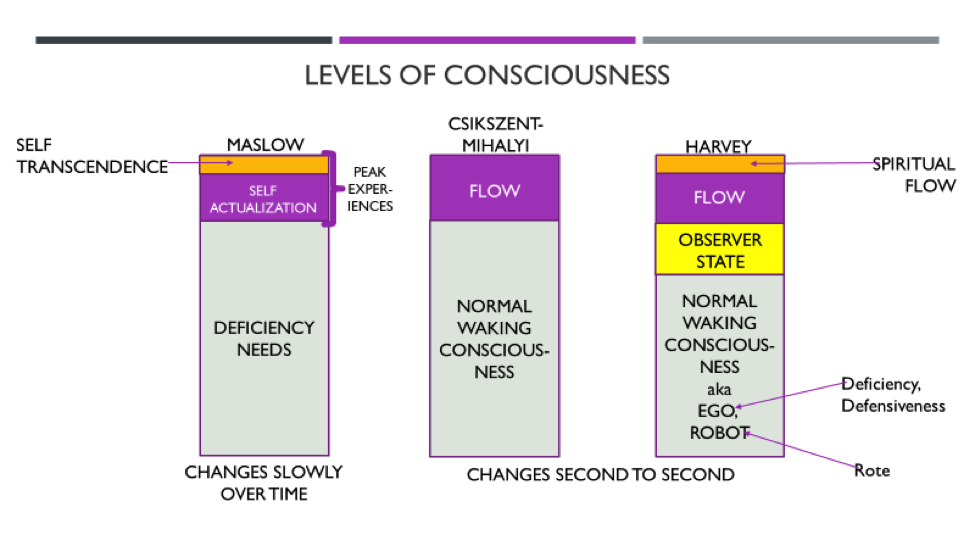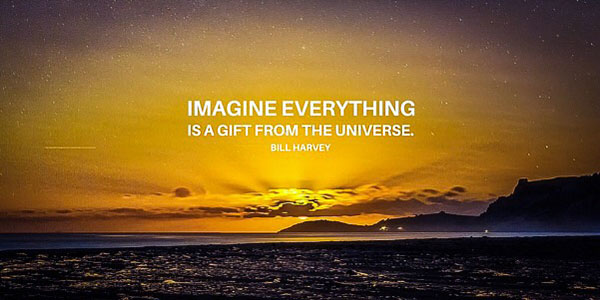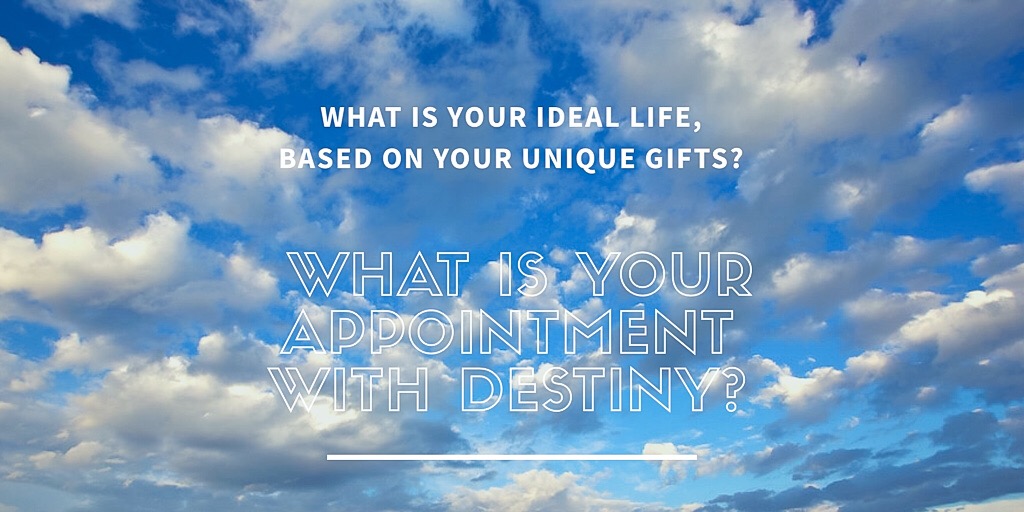Created December 4th, 2020
Abraham Maslow described peak experiences as “sudden feelings of intense happiness and well-being, with an awareness of ultimate truth and the unity of all things.”
Have you had such experiences? Even if it doesn’t exactly fit Maslow’s definition, can you select one experience that might have been the best moment of your life so far? If you can, relive it now as best you can. It might help to close your eyes and take your time to let the memory fully form.
One of the reasons why Maslow thought so much about “self-actualization” as he called it, is because of the link he intuited between being a self-actualized person, and having larger numbers of peak experiences.
It wasn’t just his intuition, he himself was aware of how over the course of his life he graduated from being driven by the things that drive the mass of humanity – such as insecurity, the need to belong, money, lack of self-esteem, the desire to be held in high esteem by others – to a state in which those things were no longer important (because he had them all), and he was doing the work he loved and adding to the science of psychology each day. He had become self-actualized – understanding his own individuality and his gifts, and was expressing them every day, having the time of his life, replete with frequent peak experiences. His work in those years was an effortless mission to share these things with other people, so that they too could experience what he was experiencing, but in each case centered around the individual’s own personal potentials.
Owing to my parents having me perform on stage starting when I was four, I had peak experiences very early in life, and they caused me to become fascinated with my own consciousness and its various states. This became the through-line of my life. I wanted to learn how to bring these peak experiences about, and once I found some ways that worked, I kept a “scientific” journal of the methods that worked. Later I would write MIND MAGIC to share some of these methods life had taught me, quite a few of which I had identified before I was twelve, although my understanding of them continued to grow day by day.
I thought of those peak experiences rather differently than Maslow. To me, what was remarkable about the experiences was not that feeling of well-being and unity, but the fact that my stage performances were doing themselves at a level of expertise which I had never experienced before. Later, studying both philosophy and psychology at the college where Abe had been head of the psychology department (Brooklyn College), although loving Maslow’s work, the connection between his and my models of experience did not strike me. By contrast, many years later, when I discovered the work of Mihaly Csikszentmihalyi, head of the psychology department at Chicago University, and his term “Flow state”, I had a peak experience and a thrill of recognition that my lifelong project wasn’t something that only happened to me.
Recently, a social science colleague of mine, Judy Langer, invited me to give a Zoom class on Maslow at The Center for Learning & Living in Manhattan. It gave me an opportunity to ruminate for the class on how my own self-taught methods and ideas related to both Abe’s and Mihaly’s work (I never had the privilege of meeting Abe, but did have that honor in Mihaly’s case, and he agreed to be an advisor to my nonprofit The Human Effectiveness Institute).
Here is the slide that I used:
This slide tells you how I view the work of Maslow, Mihaly and myself, and how we are all describing the same things, but organizing our data differently.
In my way of looking at things, introspection with concentration – you can also call it meditation – is what gets us into the Observer state and then into the Flow state. I believe Maslow grouped the Observer and Flow state experiences into what he called peak experiences.
To all three of us, normal waking consciousness is a state in which our behavior and our sense of experience is highly dominated by outside forces, we are trying to fit in, be accepted, get along, move up, and do not feel disposed to much self-examination. When we do notice our inner experience it is largely one of anxiety to one degree or another, unable to break away from what negative events could befall us.
Maslow’s Hierarchy of Needs postulated that we would be obsessed by a given need until it was satisfied, at which point we became obsessed with a slightly “higher” need. We move up from being dominated by insecurity to being driven by a need to feel that we belong, and once having achieved that, it was self-esteem and the esteem of others that caused our behavior and our experience of life.
This series of posts will continue and the aim ultimately is to provide a condensed set of recommendations aimed at freeing you, the reader, from the conditioned motivators in your subconscious, so that you can enjoy more peak experiences, become self-actualized (if you are not already), and then self-transcendent, in a steady state of Flow and peak experience where what happens to everyone around you is more motivating than what happens to you, because you are already complete and feeling the unity.
I think of this series of posts which start here as “On the Road to Flow”. In the next post I will unpack the slide above.
My best to all,
Bill
Follow my regular media blog, In Terms of ROI at Media Village. Here is the link to my latest post.



